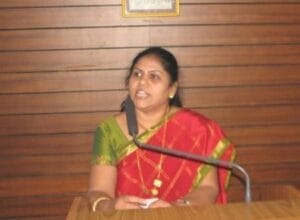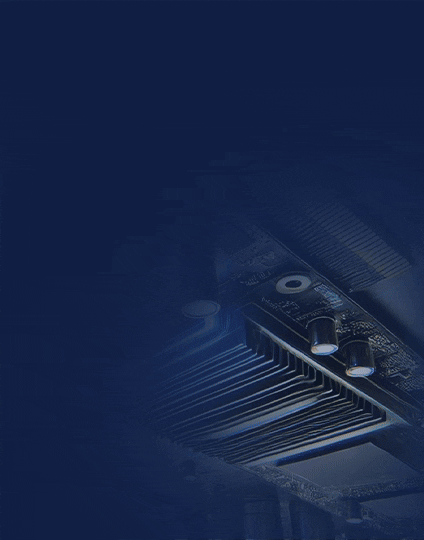Explore Pia’s journey as a female Test Lead for Software Testing. Uncover challenges, advice for women in engineering, and insights on her evolving career in this dynamic field.
Women In Engineering in Pia
FPGA Insights has conducted an exclusive interview with Pia, who is working as a Test Lead to gain valuable insights into her experiences as a woman in engineering.
What’s your Name, job title & area of research/work?
Pia Lindner, Test Lead for a Software Test Level, Home appliances
What sparked your interest in engineering? Can you describe the moment you realized this was a field you’d like to pursue?
I became interested in human-machine interaction because I wanted to understand why technical devices and functionalities like phones and websites are designed the way they are. My journey began with studying sensors and cognitive psychology, and later expanded into programming.
What are your experiences of being a female engineer?
My experience has been overwhelmingly positive. While my work environment is predominantly male, my colleagues are all supportive and professional, and I would say 99% of my interactions have been positive.
I encountered a few negative moments early in my career, some people mistakenly assumed I was my boss’s personal assistant rather than a fellow engineer. There were also a few older colleagues with outdated views, such as the belief that ‘women belong in the kitchen,’ but I don’t take such attitudes seriously.
Beyond those instances, I haven’t felt any gender-based differences in how I’m treated. In fact, my colleagues are often even more considerate. In my view, engineering is a field where gender is not a barrier, what truly matters is a shared mindset and mutual respect within the team.
Can you tell a bit about your career path so far?
During my bachelor’s and master’s studies, I included a semester abroad and completed internships, which taught me a great deal. Since starting my career, I have progressed from a junior engineer to a role where I lead and plan for our team. My manager encourages me to continue developing in this direction and supports me in strengthening my soft skills, communication abilities, and leadership style.
What has been your most challenging experience as an engineer?
A task force environment where you’re under time pressure and close management attention, because your responsibility is to find a rarely documented bug in the software.
What is the most exciting thing about your job?
I enjoy collaborating across functional teams. Working together toward a common goal and making things work is what excites me the most.
What kind of impact would bring you great satisfaction in your work?
More time to improve quality without pressure would create space for greater enjoyment, which is important for a positive working atmosphere.
What do you think needs to be done to improve the statistics in terms of women’s participation in engineering?
Empowering girls in school
Reducing stereotypical thinking among teachers and parents
What do you enjoy most and least about engineering?
Most: when the development works and you can clearly see what you’ve accomplished by the end of the day.
Least: discussions with management about why the development is necessary.
Who has been your greatest support, coach, and mentor across industry, and why?
My girl friends from high school: we chose completely different career paths, but we continue to support one another by believing in and encouraging each other.
My parents: who never questioned gender roles and have always been supportive and willing to listen.
What is it like to be a woman in engineering? Do you feel that your gender gives you a different perspective and experience from your male counterparts? Any advantages?
I feel that my perspective is a bit more empathetic and personal. It’s hard to say whether that’s because I’m a woman or simply because I’m connected to all my colleagues in some way, but I am often approached more when it comes to personal issues in the office. Regarding project topics, I would say there is generally more communication.
What advice would you like to give to women interested in engineering? What kind of practical experiences should they have? Which technical skills should they pick up?
Just do it! Whatever you’re interested in, you’re just as capable as anyone else. Find someone who can explain things clearly. I learned faster when the people around me were willing to teach. Once that happens, gender won’t matter. Practical experience can be learned by doing, and combining hardware and software is more fun in a lab where you can try things out.











